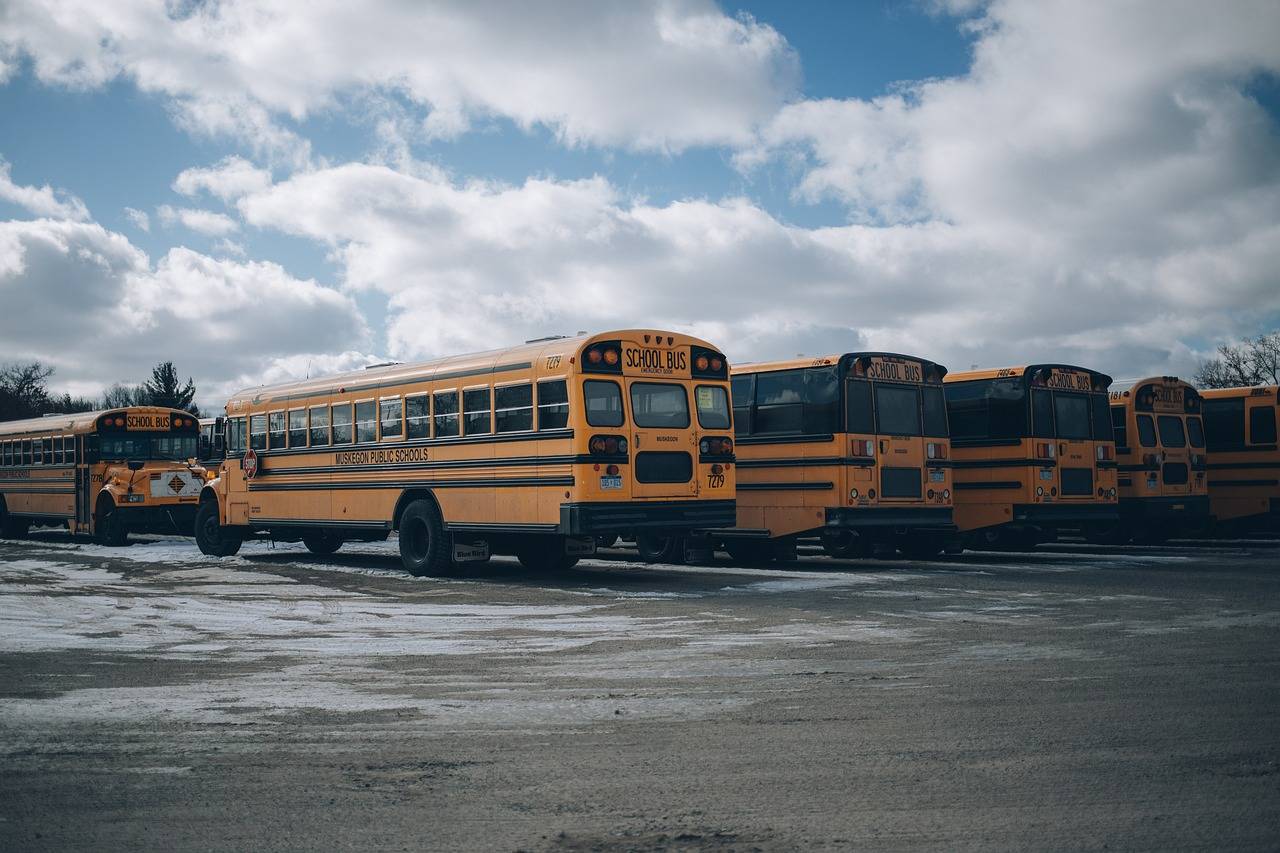Exploring the Role of Industry Partnerships in Education
In today’s ever-evolving world, the collaboration between schools and industries has become not just beneficial, but necessary. By bridging the gap between the classroom and the workplace, students are better equipped to enter the workforce with real-world knowledge and skills. This partnership allows educators to stay current with industry trends and demands, ensuring that students are receiving a well-rounded and relevant education that prepares them for the challenges ahead.
Furthermore, when schools and industries work together, they can provide students with valuable opportunities for internships, apprenticeships, and other hands-on experiences. These practical experiences not only enrich the curriculum but also give students a chance to apply their learning in a real-world setting. By fostering this collaboration, schools can better meet the needs of both students and employers, ultimately creating a more skilled and competent workforce.
Enhancing Curriculum with Real-World Applications
Schools play a vital role in preparing students for the real world by providing a strong foundation of knowledge and skills. However, enhancing the curriculum with real-world applications takes this preparation to the next level. By incorporating practical examples and hands-on experiences into the learning process, students are better equipped to apply their knowledge in real-life situations.
Integrating real-world applications into the curriculum not only enhances the learning experience but also fosters a deeper understanding of the subject matter. Students are able to see the relevance of what they are learning and how it can be applied beyond the classroom. This approach helps to bridge the gap between theory and practice, ensuring that students are well-prepared for the challenges they will face in their future careers.
Why is collaboration between schools and industries important?
Collaboration between schools and industries is important because it helps bridge the gap between theoretical learning and practical application. It allows students to gain real-world experience and skills that are relevant to their future careers.
How can schools enhance their curriculum with real-world applications?
Schools can enhance their curriculum with real-world applications by partnering with industries to create hands-on learning experiences, incorporating industry-relevant projects into coursework, and inviting guest speakers from the industry to share their insights.
What are the benefits of incorporating real-world applications into the curriculum?
Incorporating real-world applications into the curriculum helps students develop practical skills, gain a better understanding of how their learning can be applied in real-life scenarios, and make connections with potential employers in their field of study.
How can students benefit from collaboration between schools and industries?
Students can benefit from collaboration between schools and industries by gaining valuable work experience, networking with professionals in their field, and increasing their chances of securing internships or job opportunities after graduation.





